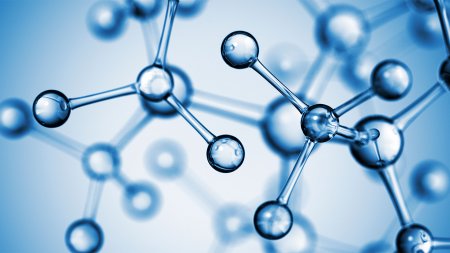Amino acids are necessary for our bodies to function properly, including our skin. Let’s take a closer look to find out how they help care for sensitive skin.
1. Essential and non-essential amino acids
There is a very large number of different amino acids. Some are produced by the body (called non-essential), whereas others can only be obtained through diet (referred to as essential).
2. Building blocks for the body
20 of these molecules act as building blocks that create proteins, such as enzymes, when assembled. Proteins play a key role in growth, repair and helping our metabolism and body function.
3. Amino acids for the skin
These proteinogenic (protein-producing) amino acids are also responsible for fibrous proteins in the skin, such as keratin, collagen and elastin. Amino acids therefore have a significant effect on the appearance of the skin, since wrinkles and sagging skin are due to a loss of collagen and elastin. The amino acids are necessary for skin repair and healing.
4. Supporting hydration
Some amino acids are water soluble and therefore act as humectants, absorbing water from the skin to prevent it from evaporating (transepidermal water loss). The acids help the skin in its role as a protective barrier for the body. To function properly, the skin needs an optimal amount of water. Its outermost layer is responsible for regulating water loss, in part through a protective coating known as the Natural Moisturising Factor (NMF) – of which amino acids and amino acid derivatives are key components.






